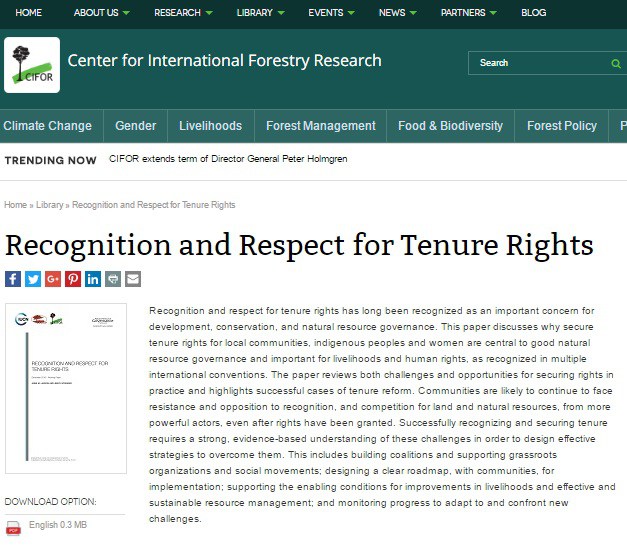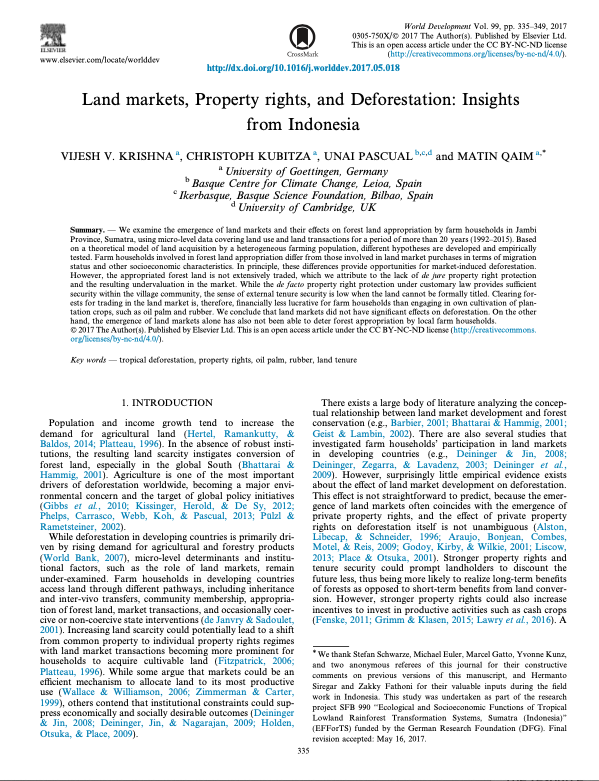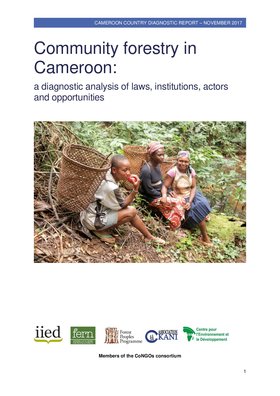Socio-ecological analysis of multiple-use forest management in the Bolivian Amazon
Community families throughout tropical regions derive an important share of their income from multiple forest products, with generally positive outcomes on their livelihoods. The production of these products in a multiple-use forest management scheme (MFM, the production of multiple forest products within a single management unit) encompasses many (yet) unknown socioeconomic and ecological feedbacks.







